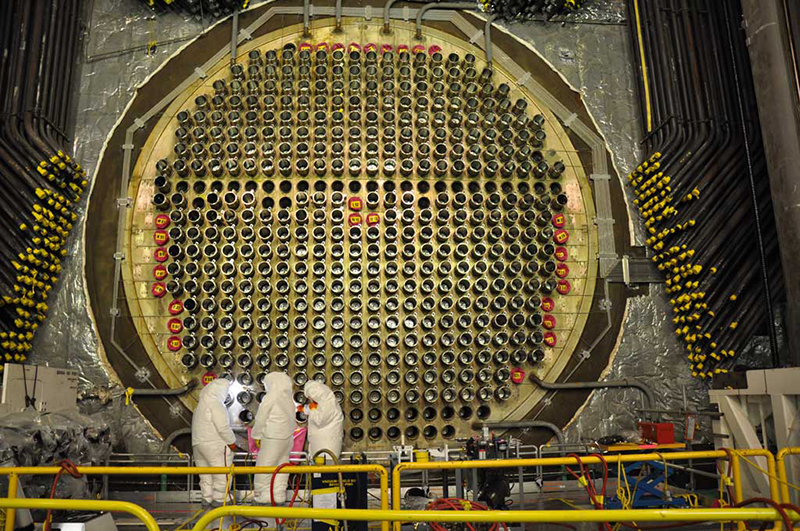More on getting the words right

Words are very powerful, because they paint pictures in people’s minds that are very hard to move. It is important that we use them correctly.
Many will have heard me illustrate this point with the example of the 70s “oil crisis” when the people governing Toronto, with very good intentions, asked all the people of the city to turn off their office lights when they went home in order to save energy and reduce the extent of the crisis.
The problem was that there was no energy crisis, there was an oil crisis and the media had just used the wrong word.
During the nighttime, all the electricity that powered those lights would have come from nuclear and hydro, of which there was no shortage, so there was never any way turning off the lights could have helped save oil.
But unfortunately, a lot of the heating was oil-fired, and with the lights (at the time mostly incandescent) no longer contributing any heat the oil-fired heating consumed more oil than if the request to save energy had not been made.
This poor decision was a direct result of the word energy being used incorrectly.
Today we see the same mistakes being made because of misunderstandings about the word “renewable”. Somehow “renewable” has become synonymous with “good” and the assumption is made that something that is renewable must be environmentally friendly. With climate change being most people’s biggest environmental concern there is also the assumption that it must be emissions-free.
And while none of these things are necessarily true, people act as if they are and as a result, we see biomass, a renewable, being used as a way to combat greenhouse gas emissions and the US cutting down trees for the UK to burn in electricity production! At each stage this is worse for the environment than burning the coal that it replaces! Additionally these “renewables” may cause harms through resource extraction, pollution and habitat destruction that are glossed over by their label.
Renewability is often a very helpful feature. It just isn’t always. It may be a path to our objective, but it is not the objective itself.
A more subtle consequence is that the wide umbrella of the term renewable allows wind and solar to lump themselves in with hydro and gain the benefit of being perceived as being like hydro. One example of this has been the way that Costa Rica’s entirely renewable power system has been used by some people to imply that wind and solar because they are renewable can run entire power systems. Costa Rica’s power system is largely hydro and the fact that it is 100% renewable says nothing whatsoever about the ability of wind and solar to create a stable grid. It is a deception enabled by the word “renewable” and it has contributed to some very poor decision-making.
Wind and solar are not like hydro in one very important way and that is that they are not under mankind’s control. They come and go as the weather pleases. As a result their defining feature places them in a different group to hydro. And as category names should describe the defining feature of the category I increasingly refer to wind and as the “unreliables” and not as renewables.
Being unreliable does not mean something does not have value. The country in which I was born (England) is famous for having made some of the world’s most desirable sports cars. They were absolutely fabulous for zooming through the countryside on a sunny summer afternoon but could not be relied on to get you to work in the winter. Similarly, the unreliables, appropriately deployed for power production, undoubtedly contribute to our net zero ambitions, some of the time.
The simple act of redefining wind and solar as unreliable could significantly improve energy decision making by immediately reminding people of the real issue rather than distracting them with a category that does nothing to define the key characteristic of the group.
Popular Core Business Articles
- The important differences between Hazard, Danger, Risk and Fear when considering a Deep Geologic Repository for used nuclear fuel.
- Deep Geologic Repositories (DGRs)? Distressed purchase or Jewel in the Nuclear Crown
- An article by the Breakthrough Institute
- How do we quickly and succinctly explain why wind and solar are not cheap?
- The Titanic Fallacy

Leave a Reply
You must be logged in to post a comment.